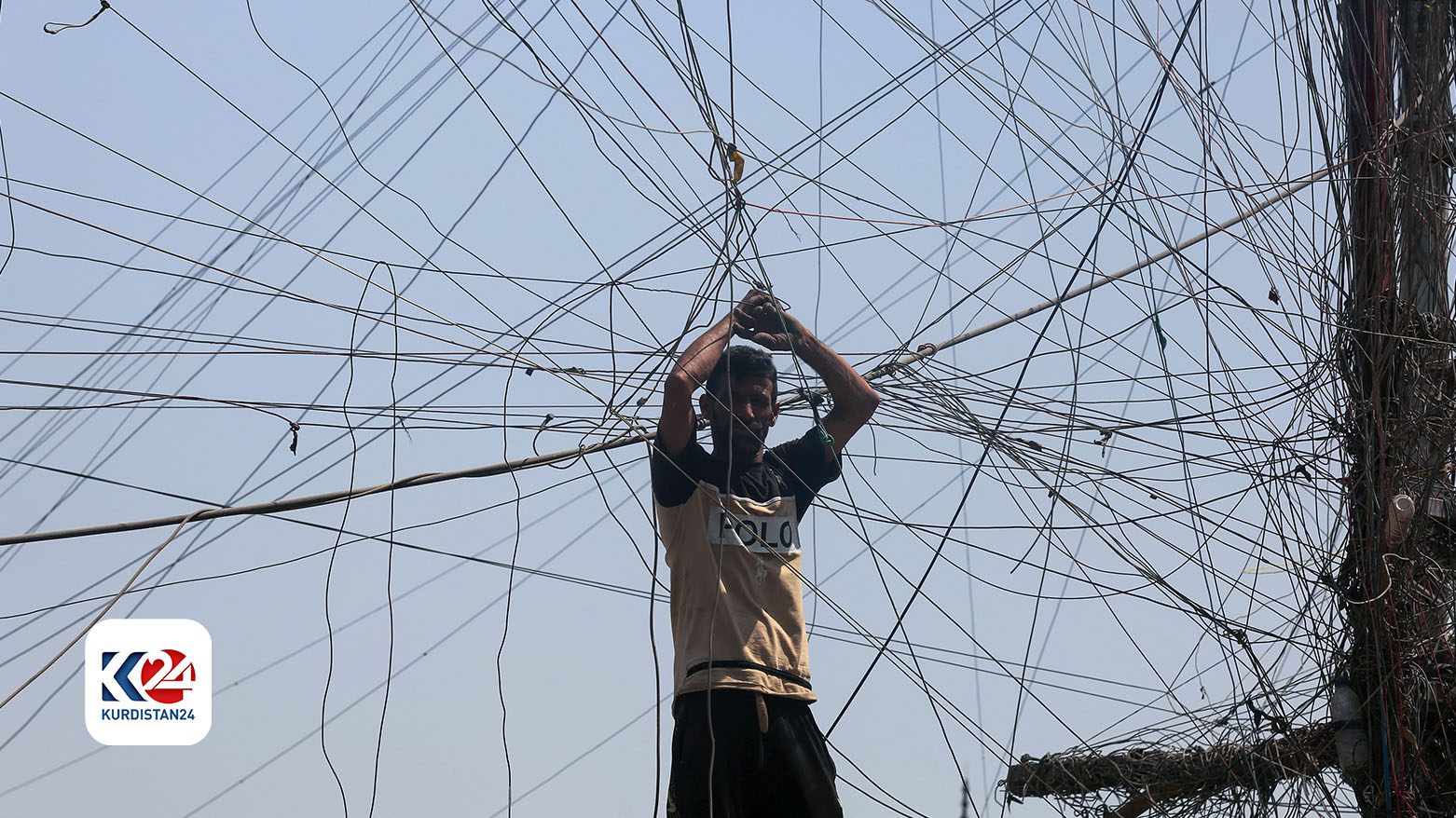Baghdad's electricity woes deepen amid calls for Ministry overhaul
As the citizens' struggle with electricity persists, demands for the dissolution or privatization of the Ministry of Electricity, or even its transfer to a hypothetical "Ministry of Generators," are growing louder.

ERBIL (Kurdistan24) - Despite a relative drop in temperatures, Baghdad's electricity crisis is intensifying, prompting calls for the Ministry of Electricity to be restructured due to its perceived failures.
Citizens in the Iraqi capital are currently receiving less than 12 hours of power supply daily, with some areas facing even more severe shortages.
This dire situation has sparked widespread frustration, with many residents expressing their grievances.
"Ministry of Electricity is a crucial institution and is a Line Ministry, yet it seems incapable of finding solutions," lamented one citizen to Kurdistan24. "The destroyed areas and regions are suffering, while private generators continue to exploit the situation."
Echoing this sentiment, another resident remarked, "The existence of a Ministry of Electricity implies specialization, yet electricity remains unstable and inaccessible. It's time to reconsider the ministry's structure."
The Baghdad local government acknowledges the numerous challenges within the electricity sector, citing mismanagement, administrative corruption, and a lack of proper maintenance as contributing factors.
"During our oversight work, we observed several critical issues that have directly hindered the effective management of the electricity file," Noura Al-Juhaishi, head of the Electricity Committee in the Baghdad Provincial Council, told Kurdistan24. "These include mismanagement, administrative corruption, bargaining with citizens for essential services, and problems with maintenance and sector managers."
As the citizens' struggle with electricity persists, demands for the dissolution or privatization of the Ministry of Electricity, or even its transfer to a hypothetical "Ministry of Generators," are growing louder.
This reflects the deep-rooted frustration over the ministry's perceived inability to provide a consistent power supply over the years.
Further reporting was done by Kurdistan24 Correspondent Seif Ali.